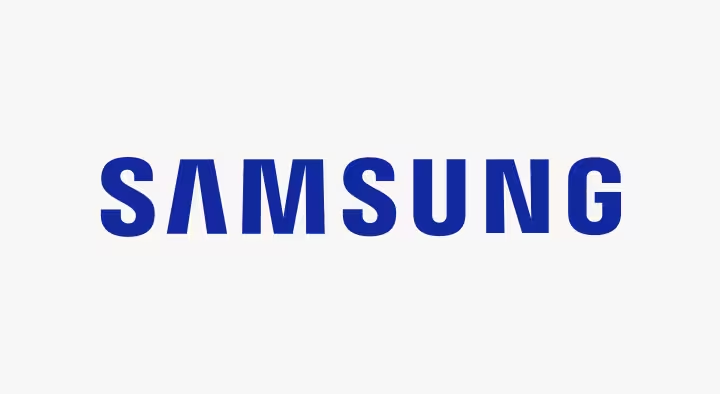Hey there! So, have you ever found yourself scrolling endlessly through phone specs, wondering which smartphone actually fits your life? Yeah, me too. Choosing a new phone isn’t just about fancy cameras or shiny screens anymore — it’s about what clicks with your daily hustle, your vibe, and yeah, sometimes, your budget (because who wants to break the bank, right?).
Well, sit tight, because over the past few weeks, I’ve been putting the latest smartphones through their paces — and I’m here to spill the beans on the Top 10 smartphones you can grab right here in the Philippines in 2025. Whether you’re a camera buff, a hardcore gamer, or loyal to one of the top smartphone brands in the Philippines,I’ve got you covered.

Editor
Lloyd Kelly Miralles chevron_right
Table of Contents
Buying Guide: How to Choose a Smartphone
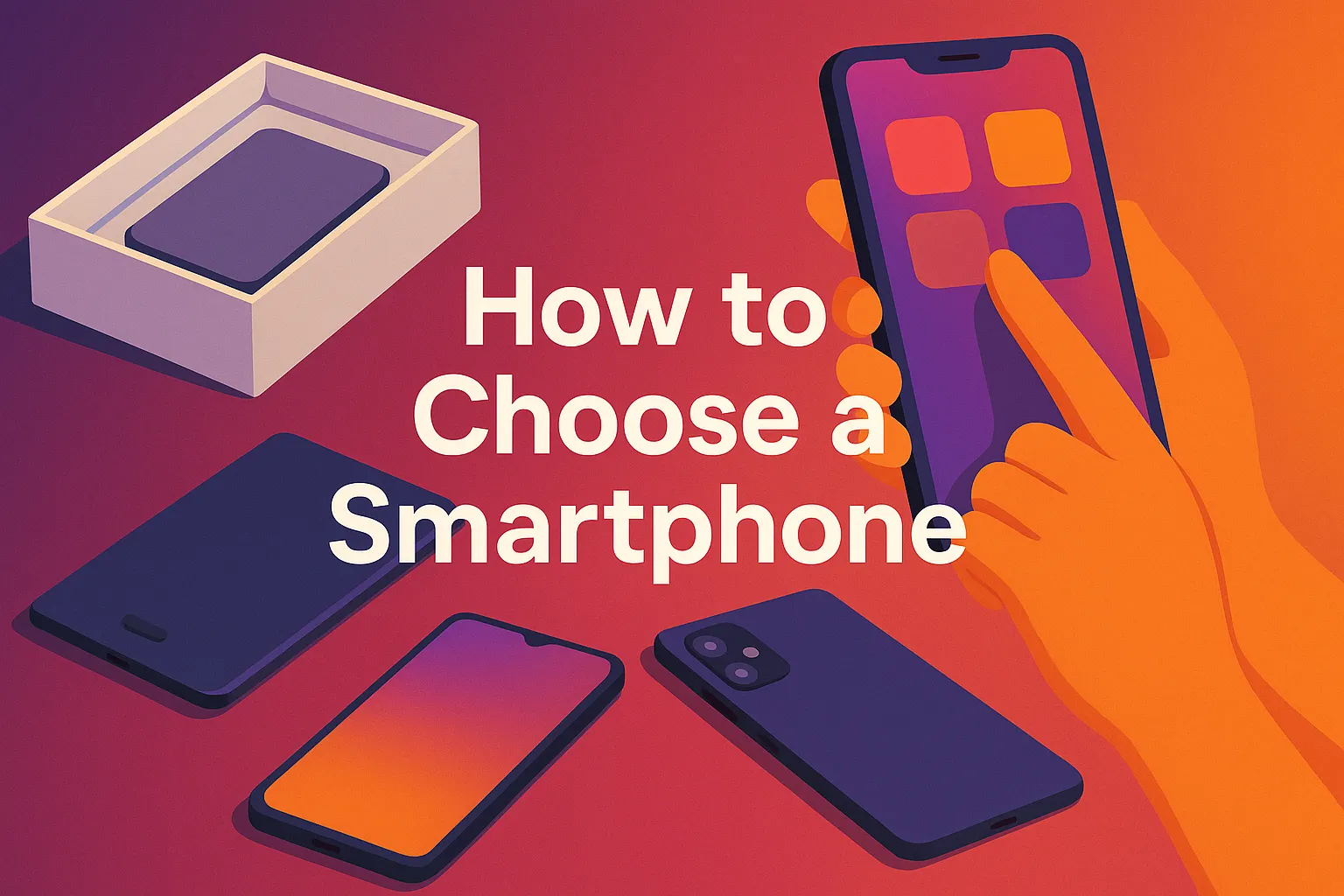
Buying a phone today can feel confusing. There are too many choices, too many features, and way too many numbers. But don’t worry. Here are some guide to help you choose a smartphone in the Philippines without the tech talk or sales pressure.
Whether you’re buying a phone for school, work, gaming, or just everyday use, we’ll walk through what matters, what doesn’t, and what’s worth your money.
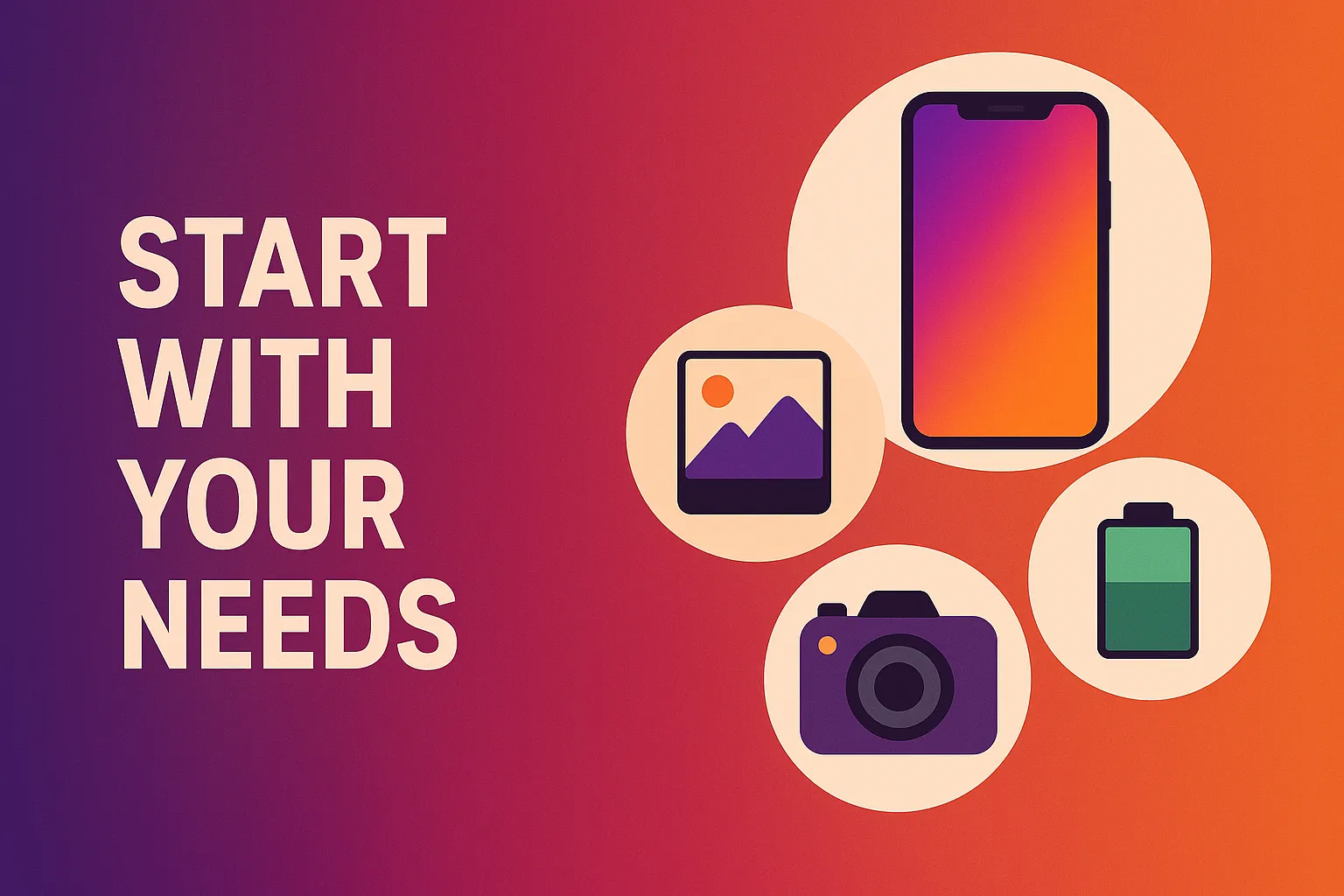
Start With Your Needs
Before looking at specs or brands, ask yourself a simple question: What do I need this phone for?
That one question will save you from overpaying or getting features you’ll never use.
Here’s a quick guide:
- ₱5,000–₱9,000: Best for light use—social media, calls, messages, and a little YouTube.
- ₱10,000–₱15,000: Great for students, casual gamers, or anyone who uses their phone every day.
- ₱15,000–₱25,000: Good for gaming, content creation, or people who use lots of apps.
- ₱30,000 and up: Ideal for heavy users, creative work, business, or anyone who wants the best of everything.
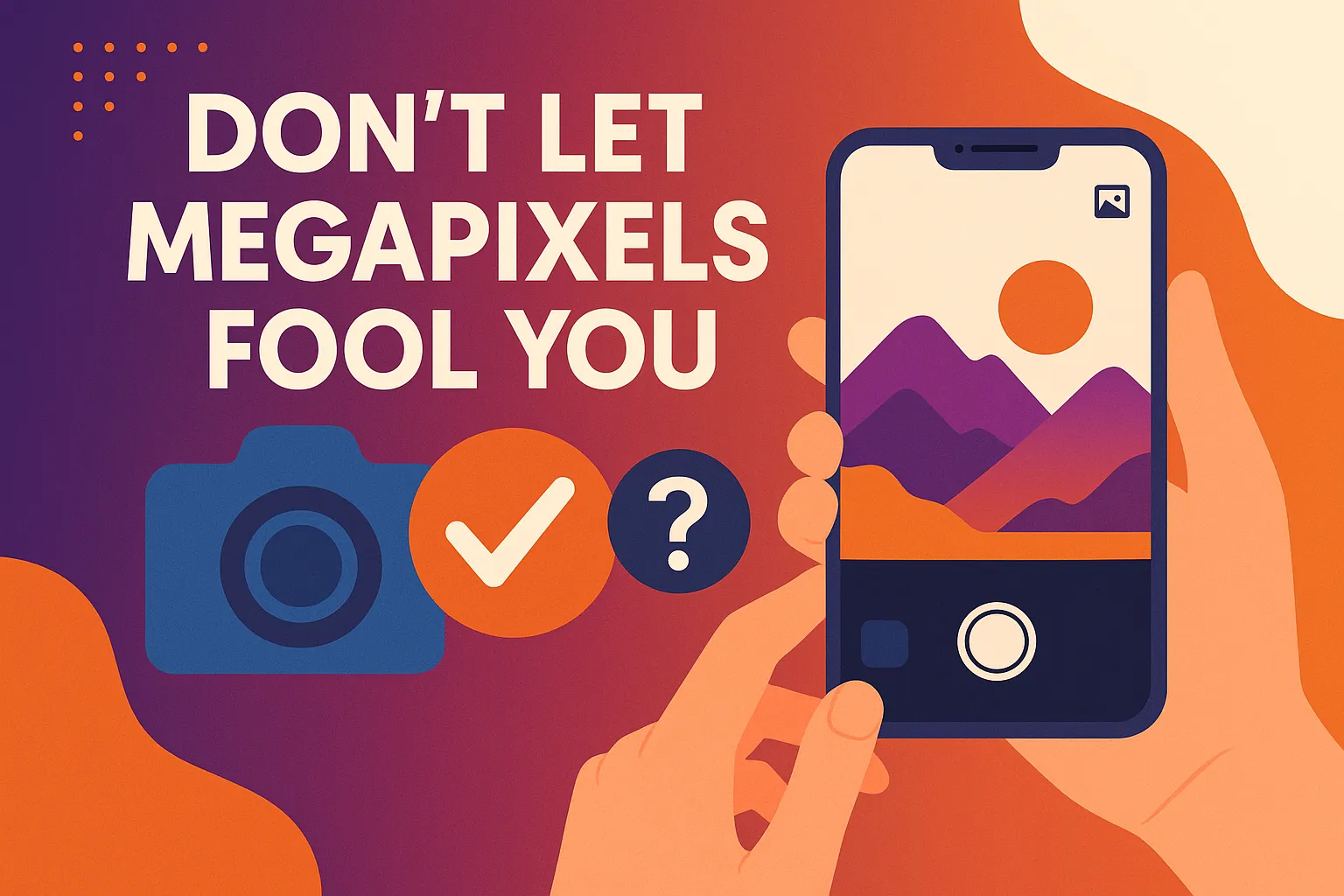
Don’t Let Megapixels Fool You
A camera with a big number (like 108MP) doesn’t always take better photos. What matters more is how well the phone handles light, color, and focus.
Look for features like:
- OIS (Optical Image Stabilization) to help reduce blur
- Good night mode for low-light shots
- 4K video recording if you like making videos
- Ultrawide lens for group or scenery shots
Front cameras also matter—especially if you take selfies, join video calls, or record content. And don’t forget audio. Some phones have better microphones than others.
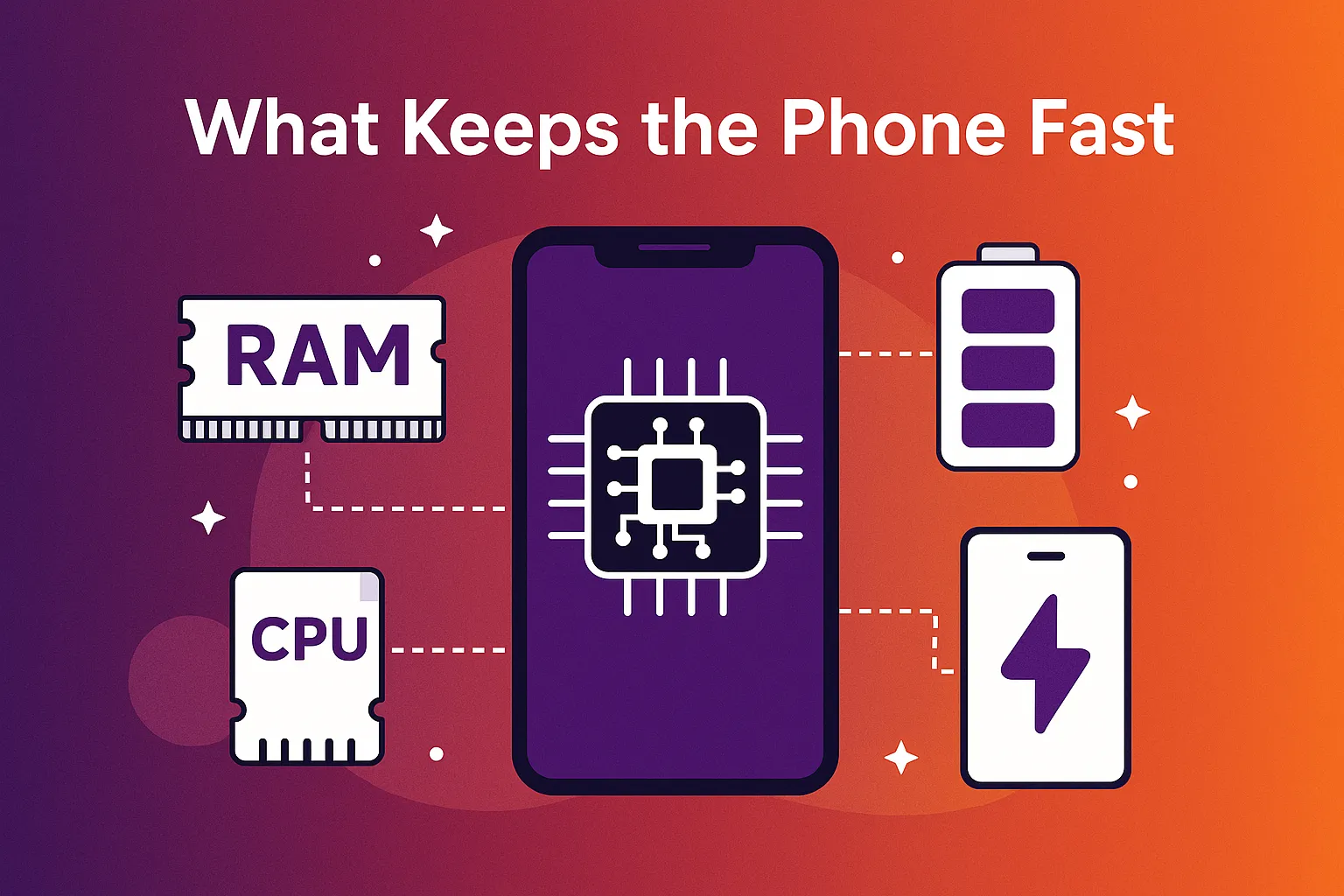
What Keeps the Phone Fast
A good processor helps your phone run fast and smoothly. If your phone lags, it’s probably due to an older chip or not enough memory. For simple tasks like browsing or chatting, budget chips like Helio G85 or Unisoc T606 are okay. For smoother gaming or multitasking, try phones with:
- MediaTek Dimensity 7200
- Snapdragon 7+ Gen 2
- Or newer versions of those chips
Try to get at least 8GB of RAM. That’s enough for most people. Also, go for 128GB of storage or more, so you don’t have to delete apps and photos all the time.
Phones with UFS storage are also faster when opening apps or loading games. If you see "eMMC," it’s slower but common in cheaper phones.

Battery Life & Charging: Stay Ready
These days, you should expect at least a 5,000mAh battery. That’s the standard, and it usually lasts a full day or more.
Charging speed matters too. Some phones charge in over 2 hours. Others can charge from 0 to 100% in just 30 minutes.
Try to get a phone that charges at 33W or faster. 67W or more is even better if you're always in a rush.
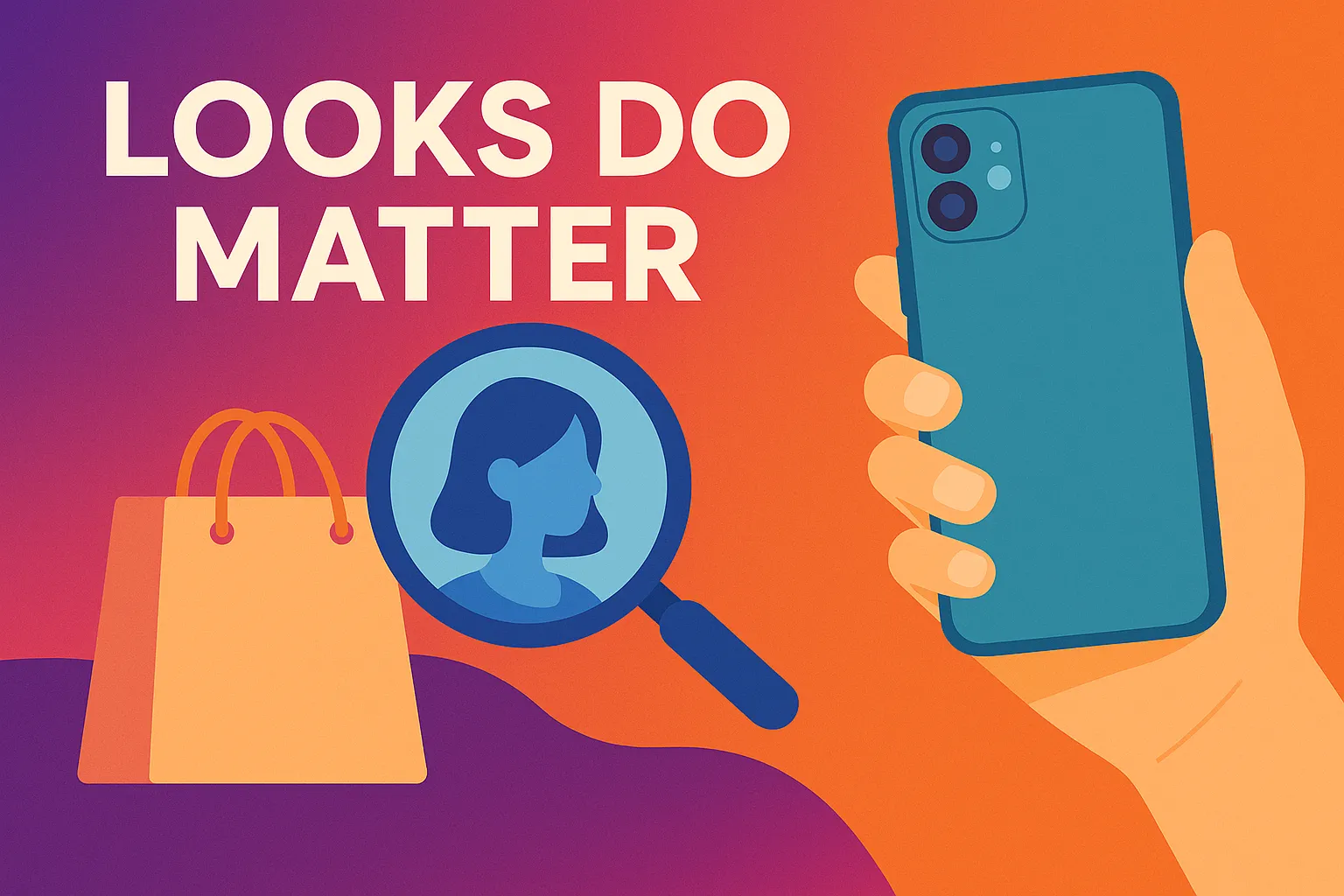
The Display: Looks Do Matter
The screen is what you look at every day, so don’t ignore it.
AMOLED screens are brighter, clearer, and show better colors than regular LCD screens. They also save more power when you use dark mode.
Also, look at the refresh rate. 90Hz or 120Hz makes scrolling feel smooth and fast. It's a small detail, but it really improves how the phone feels.
Most people prefer phones with screens around 6.5 to 6.8 inches. That’s big enough for watching videos and gaming, but still fits in your hand or pocket.
If a fold-out screen intrigues you, our best foldable phones list compares the leading Z Fold, Flip and more. productnation
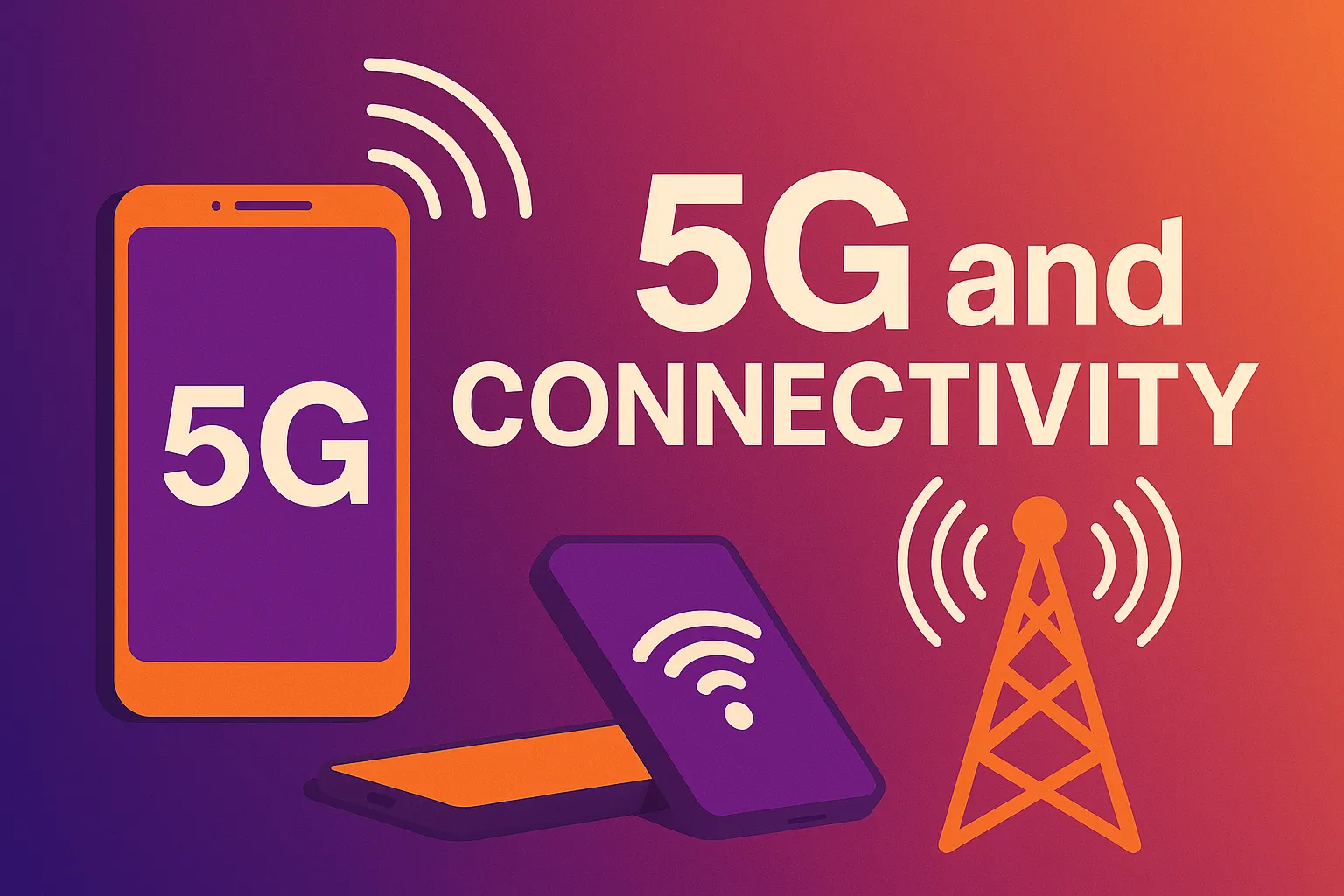
5G and Connectivity: Worth Having Now
5G is now available in many cities in the Philippines. It’s not everywhere, but it’s growing fast.If you live in an area with 5G (such as Metro Manila or Cebu), it’s worth getting a 5G phone. You’ll get faster downloads, smoother video calls, and better performance in busy areas.
Make sure your phone also has:
- Dual SIM support if you use two numberse
- SIM if you want to skip physical SIM cards
- Wi-Fi 6 and Bluetooth 5.3 for better wireless connections
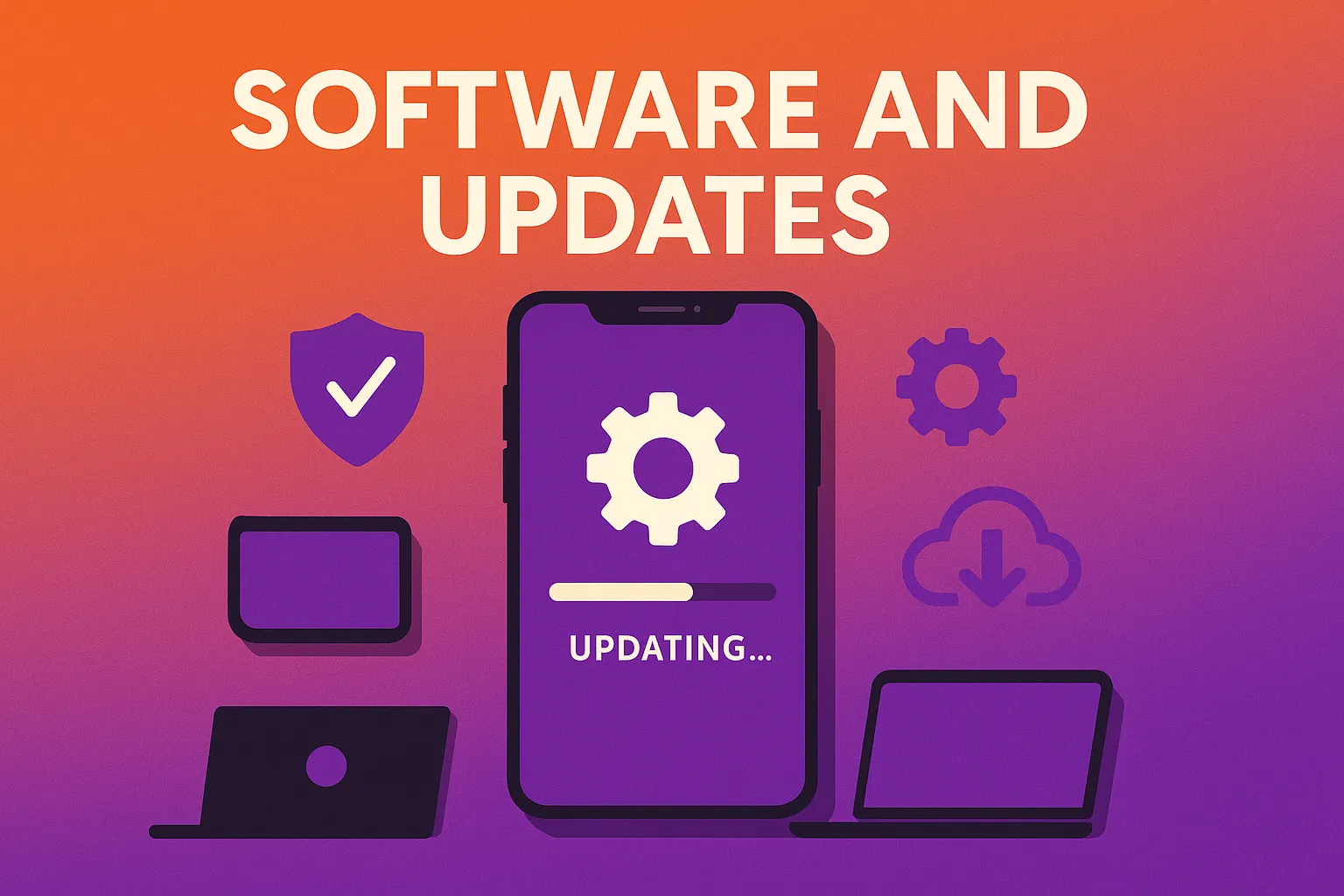
Software and Updates: Don’t Get Left Behind
Android phones come with different software versions. You want a phone with Android 14 or higher.
Some brands also give more updates than others. For example, Samsung, Google, and OnePlus are known for long software support.
A good phone should get at least 2 to 3 years of updates. That keeps your phone safe and running smoothly. Avoid phones that run Android Go unless you're on a tight budget. They’re slower and come with limited features.
Lastly, don’t overlook software preferences (Android vs Ios) —some people love the customization Android offers, others prefer the simplicity and updates of iOS. productnation
Comparison Table - Top Smartphones To Buy Online
| Product | Product Image | Approx Price (₱) | Where To Buy | Battery Life | Display |
|---|---|---|---|---|---|
| iPhone 16 Pro Max |
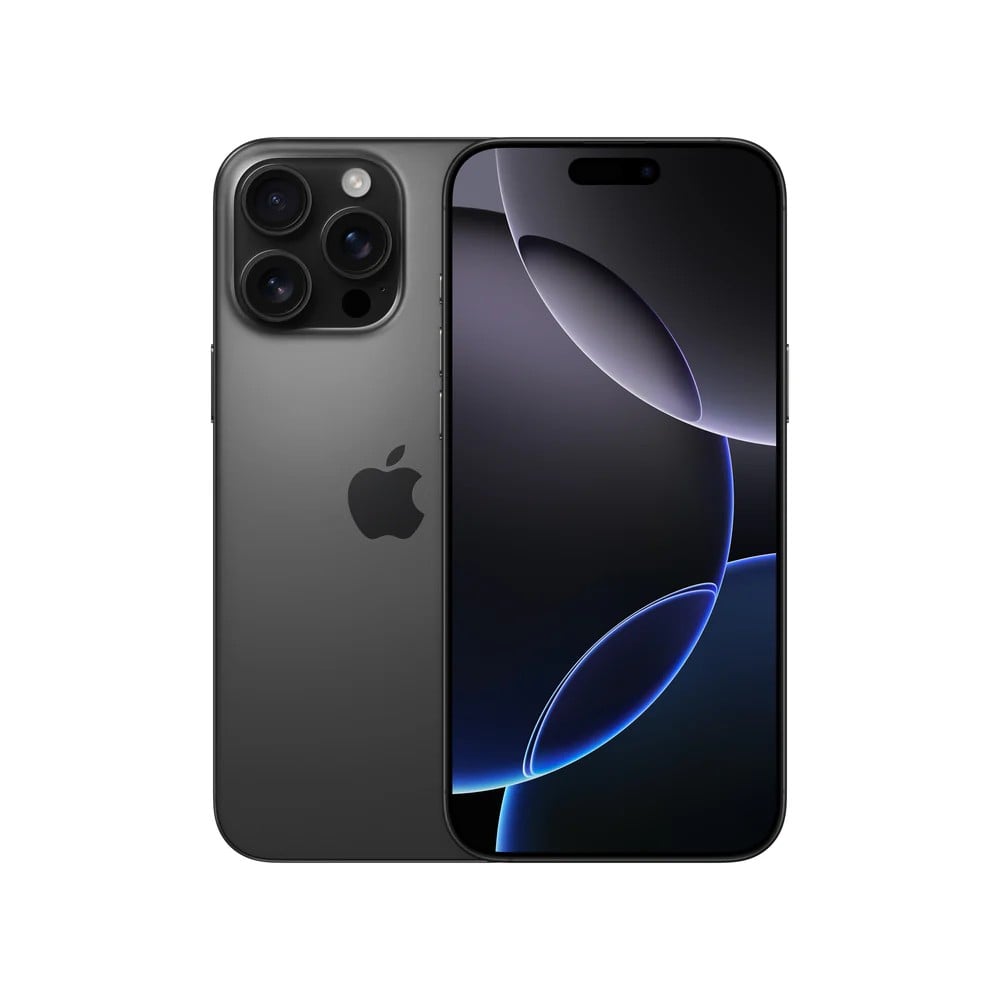 |
~₱85,000 | Full day heavy; multi-day light | ~6.9" OLED 120Hz | |
| Samsung Galaxy S25 Ultra |
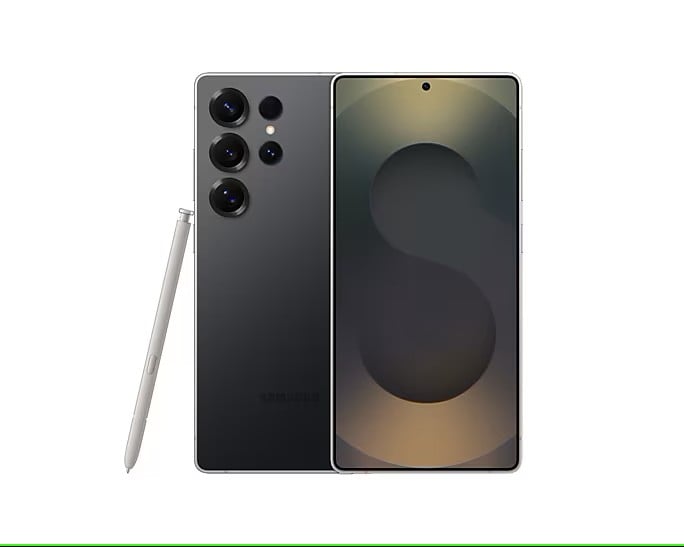 |
~₱78,000 | All-day mixed-use | ~6.8" LTPO AMOLED 1–120Hz | |
| Samsung Galaxy Z Fold 7 |
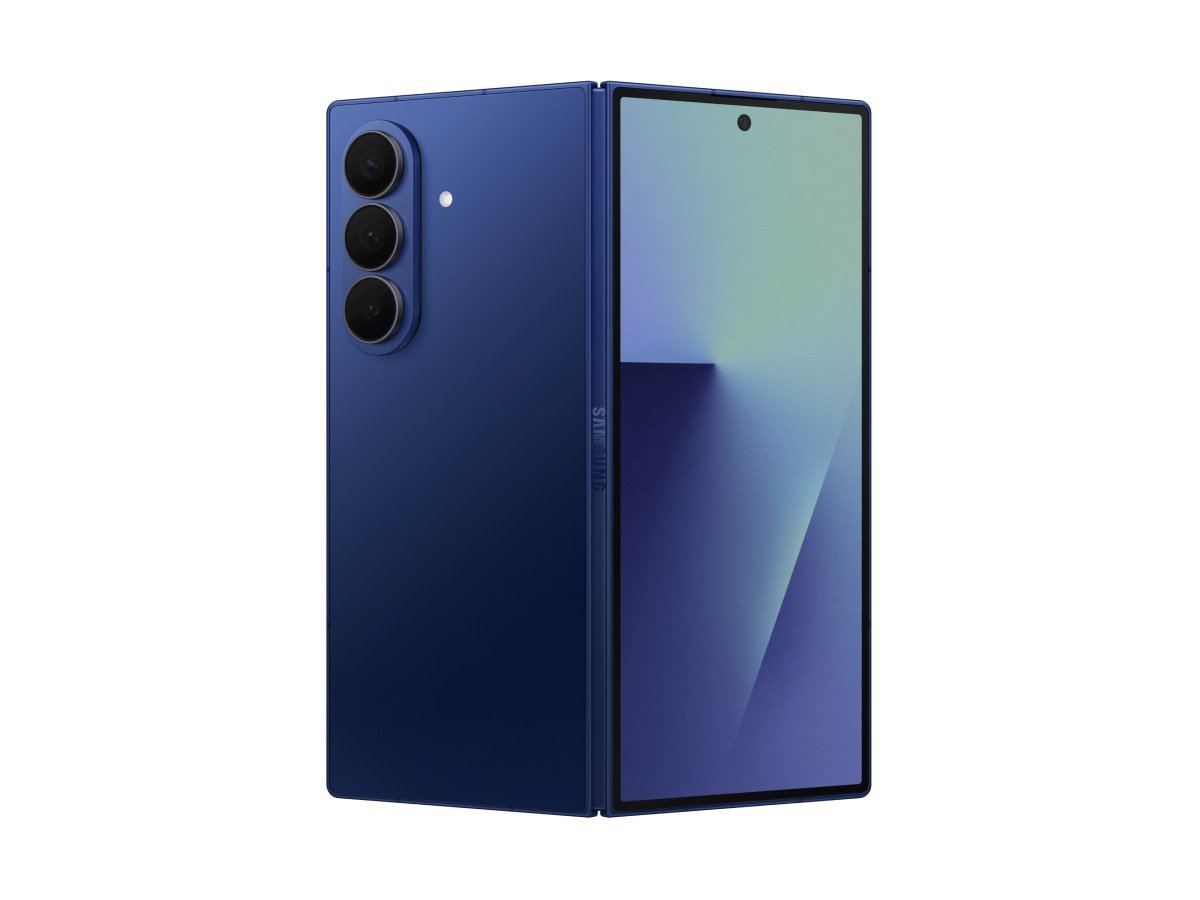 |
~112990.00 | All-day moderate use | Cover ~6.5"; Inner ~7.8–8" 120Hz | |
| Samsung Galaxy Z Flip 7 |
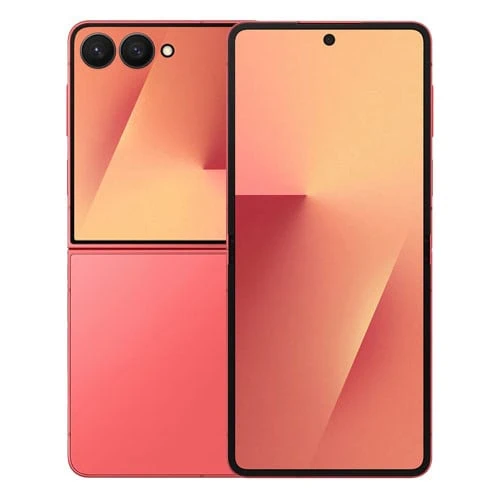 |
~70990.00 | Day-long for moderate use | Inner ~6.9" 120Hz; Cover ~4.1" | |
| Nothing Phone (3) |
 |
44,999–50,999 | All-day mixed use | ~6.7" 1.5K 120Hz OLED | |
| vivo X200 FE |
 |
44,999 | Long (≈6,500 mAh class) | ~6.31" 120Hz class | |
| HONOR 400 Pro 5G |
 |
32,999 | All-day; fast top-ups | ~6.7" 120Hz OLED | |
| Xiaomi 15 |
 |
45,999–49,999 | Strong for a compact | ~6.36" LTPO 1–120Hz “CrystalRes” | |
| Infinix GT 30 Pro |
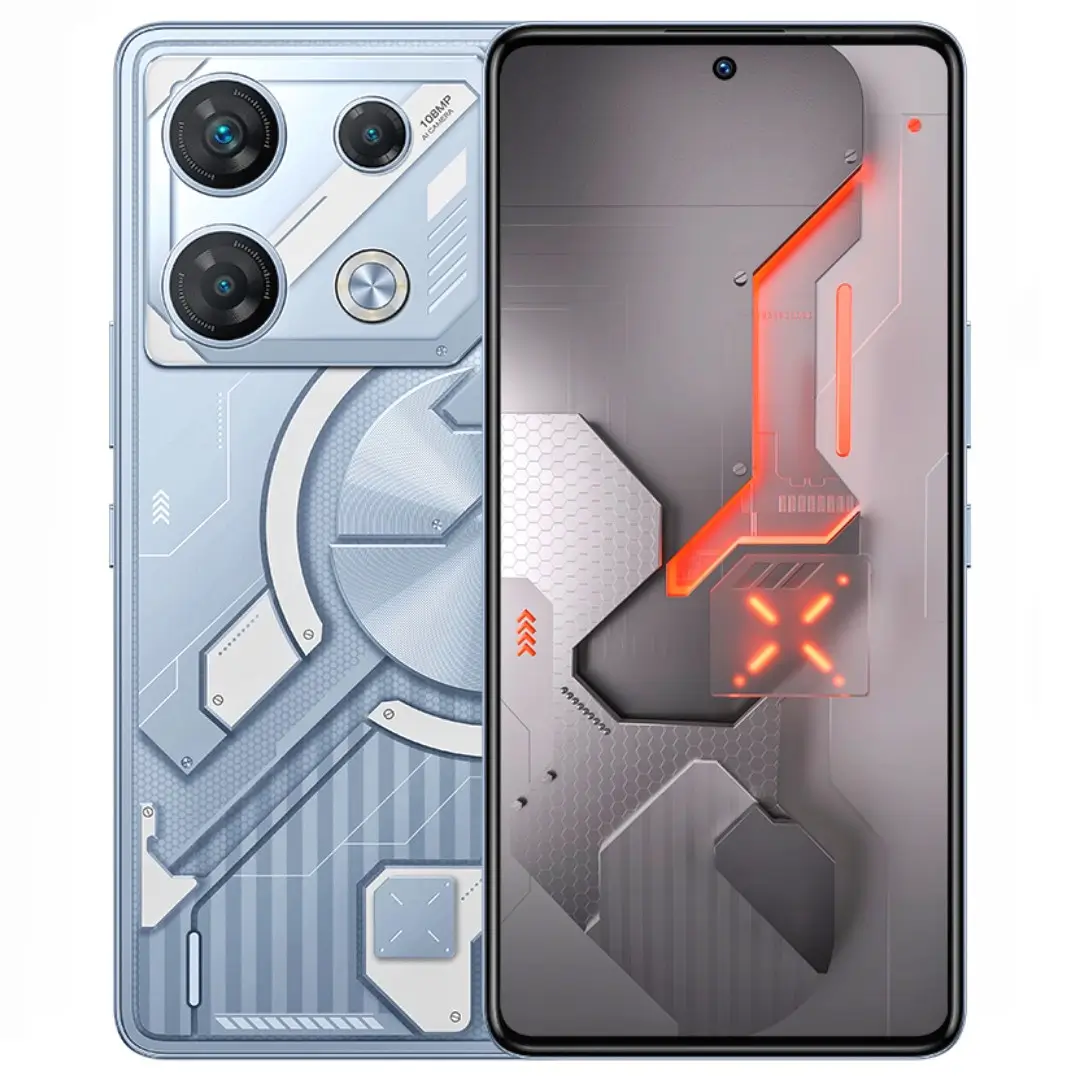 |
13,999–15,999 | Long (≈5,500 mAh) | ~6.78" 1.5K up to 144Hz AMOLED | |
| HUAWEI Pura 80 Pro |
 |
(pre-sale); est. ~60k–70k based on global | All-day (≈5,100 mAh class) | ~6.8" OLED | |
| realme GT 7 |
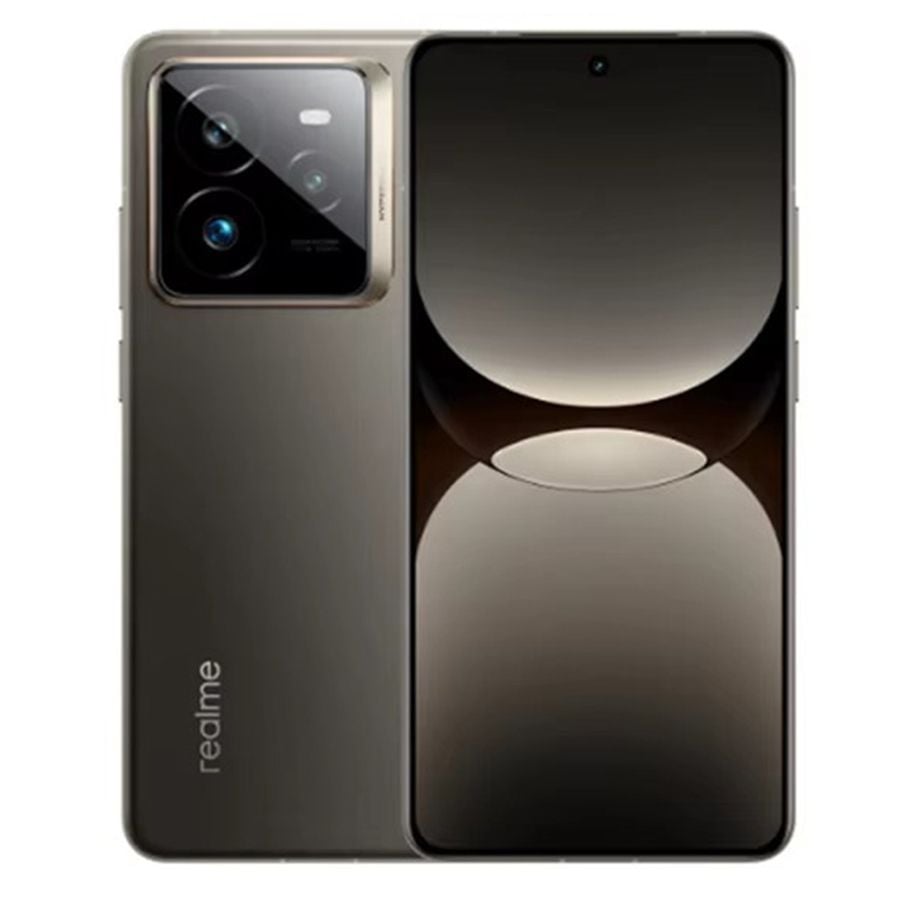 |
37,999–39,999 (SRP) | Very long (≈7,000 mAh); 120W fast charge | ~6.78" 1.5K LTPO 120–144Hz | |
| Infinix NOTE 50 Pro+ 5G |
 |
17,999 | All-day (≈5,000–5,200 mAh) | ~6.78" 144Hz AMOLED |
Frequently Asked Questions answered by ProductNation team

How much should I spend on a smartphone in 2025?
It depends on your needs and budget. Entry-level smartphones start around ₱5,000, offering basic features suitable for calls, texts, and light app usage. Mid-range devices, priced between ₱15,000 to ₱25,000, provide better performance, cameras, and displays. Flagship models can go upwards of ₱50,000, boasting top-tier specs, advanced cameras, and premium build quality.
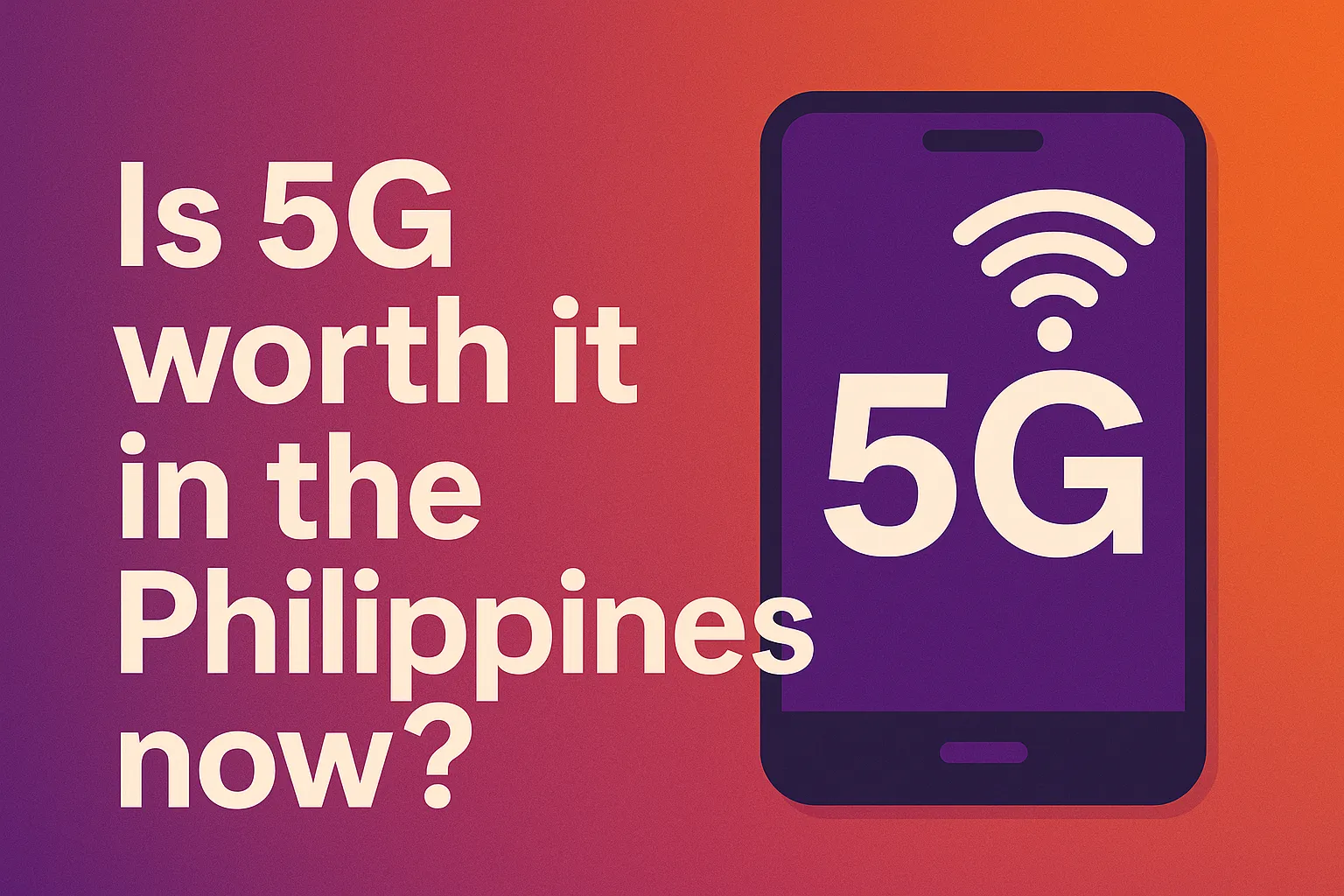
Is 5G worth it in the Philippines now?
5G coverage in the Philippines has been expanding, especially in urban areas. If you live in a city with good 5G infrastructure and require faster internet speeds for streaming, gaming, or work, investing in a 5G-capable phone might be beneficial. However, for general use, 4G still suffices in many regions.
How long should a smartphone last before I need to upgrade?
On average, a smartphone can last 2 to 3 years before performance starts to decline or software updates cease. Regular maintenance, like clearing unused apps and updating software, can extend its lifespan. If your device still meets your needs, there's no rush to upgrade.
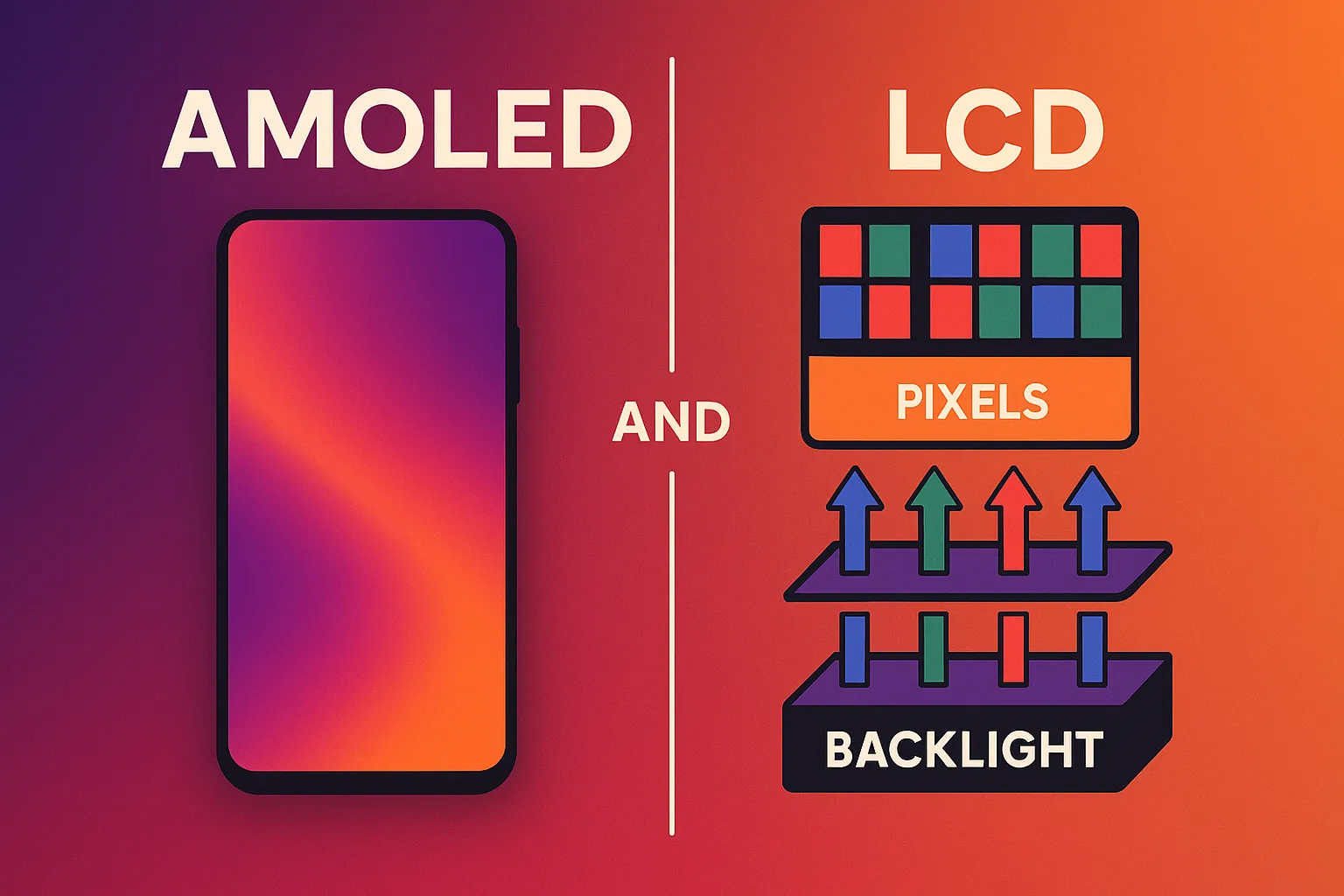
What's the difference between AMOLED and LCD screens?
AMOLED screens offer vibrant colors, deeper blacks, and better energy efficiency, especially when displaying dark themes. LCD screens are generally brighter and more affordable but might not provide the same color depth. If you prioritize media consumption and aesthetics, AMOLED might be the way to go.

Are more cameras on a smartphone better?
Not necessarily. While multiple cameras can offer versatility—like wide-angle shots or depth sensing—the quality of each lens and the software processing play significant roles. A phone with fewer but higher-quality lenses can outperform one with multiple mediocre ones.
List of 12 Top Smartphones in the Philippines 2026

Mini Verdict
A mid-range workhorse with fast wired and MagCharge wireless, smooth 144Hz AMOLED, and dependable day-to-day speed—great for students and first-time 5G users.
Key Features:
- Network: 5G; dual-band Wi-Fi
- Battery Life: ~5,000–5,200 mAh class; quick top-ups
- Device Limit: Android hotspot up to ~10 devices
- Display: ~6.78" 144Hz AMOLED
- SIM Type: Dual nano-SIM
Why We Recommend It
Keeps pace with classes, part-time gigs, and commutes—charge fast, get back to it.
User Tip
Watch for bundle promos that include the MagCharge puck; it’s the best way to enjoy snap-on wireless.

Why It's Our Top Pick
The Galaxy S25 Ultra is designed for users who demand top-tier performance and cutting-edge technology. Whether you're a photography enthusiast, a mobile gamer, or someone who requires a reliable device for daily tasks, this smartphone delivers on all fronts. Its robust build quality and premium design further enhance its appeal, making it a worthwhile investment for those seeking the best in mobile technology.
Mini Verdict:
Let’s start with the big daddy. The Galaxy S25 Ultra isn’t just a phone; it’s like carrying a mini-computer in your pocket. I mean, the display? Crisp enough to make your eyes pop, and the camera setup... oh boy, it’s like having a pro photographer tagging along.
Specs:
- Display: 6.8” Dynamic AMOLED 2x, 120Hz refresh rate
- Processor: Exynos 2400 / Snapdragon 8 Gen 3 (region-dependent)
- Camera: 200MP main, 12mp ultra-wide, dual telephoto lenses
- Battery: 5,000mAh with 45W fast charging
- RAM/Storage: Up to 16GB RAM / 1TB storage
Why We Recommend It:
Most users rave about the stunning display and stellar camera performance. Many praised how the phone handles intense multitasking and gaming without breaking a sweat. On the flip side, a few mentioned that it’s heavier, so it might feel bulky for some. Battery life generally gets a thumbs up, but heavy users say they need a midday top-up.

Mini Verdict:
If you’re team Apple, the iPhone 16 Pro Max is where it’s at. Smooth as butter, reliable as your best friend, and with a camera that’s just as smart as you are.
Specs:
- Display: 6.7” Super Retina XDR OLED, ProMotion 120Hz
- Processor: A18 Bionic chip
- Camera: 48MP main, 12MP ultra-wide, 12MP telephoto
- Battery: Approx. 4,400mAh, MagSafe wireless charging
- RAM/Storage: 8GB RAM / up to 1TB storage
Why We Recommend It:
iPhone fans love its buttery smooth iOS experience and the cinematic video mode that makes vlogging a breeze. Battery life gets high marks for lasting through long, busy days. Some users wish the price were a little friendlier, but most agree it’s worth the investment for what you get.

Mini Verdict
Sleek, minimal, and fast—great for inbox zero, IG stories, and weekend photos; the Glyphs and rear mini display make timers and notifications glanceable during meetings or classes.
Key Features:
- Network: 5G (SA/NSA); fast Wi-Fi on supported variants
- Battery Life: All-day for mixed use
- Device Limit: Android hotspot up to ~10 devices
- Display: ~6.7" 1.5K 120Hz OLED
- SIM Type: Dual SIM (nano + eSIM in many markets)
Why We Recommend It
Offers a smooth, bloat-light experience that feels distinct—ideal if you want a premium feel without the usual Android clutter.
User Tip
Map key contacts to unique Glyph patterns so you can identify calls at a glance even when the phone is face-down.

Mini Verdict
Easy to grip and pocket yet lasts long enough for two days of light use—compact screen paired with a large battery and ZEISS-tuned telephoto makes it a rare “small but mighty” Android.
Key Features:
- Network: 5G (Dimensity-class chipset); VoLTE/VoWiFi support varies by carrier
- Battery Life: Big-battery endurance with fast charging
- Device Limit: Android hotspot up to ~10 devices
- Display: ~6.31" flat 120Hz class
- SIM Type: Dual SIM (nano; eSIM availability varies)
Why We Recommend It
Perfect for long commutes and fieldwork when outlets are scarce—stamina without the bulk.
User Tip
Use Smart Refresh Rate (auto 60/120Hz) to stretch battery on travel days.

Mini Verdict
Snappy performance for gaming, socials, and work apps at a friendlier price—bright 120Hz OLED and fast charging make it a dependable daily driver for students and side-hustlers.
Key Features:
- Network: 5G; dual-band Wi-Fi
- Battery Life: All-day with quick top-ups
- Device Limit: Android hotspot up to ~10 devices
- Display: ~6.7" 120Hz OLED
- SIM Type: Dual SIM (nano; eSIM by region)
Why We Recommend It
Covers performance, display, and battery without breaking the bank—great balance for budget-conscious buyers.
User Tip
Disable lock-screen “recommendations” in Settings for a cleaner, distraction-free UI.

Mini Verdict
A joy for one-handed use in crowded trains—fast chip, bright LTPO display, and capable cameras without the bulk of larger flagships.
Key Features:
- Network: 5G; Wi-Fi 7
- Battery Life: Strong for a compact; fast wired charging
- Device Limit: Android hotspot up to ~10 devices
- Display: ~6.36" LTPO 1–120Hz “CrystalRes”
- SIM Type: Dual SIM (often nano + eSIM)
Why We Recommend It
If big phones tire your hands, this keeps flagship speed and quality in a smaller shell—great for commuters and heavy texters.
User Tip
Turn on Adaptive Colors for better readability under harsh outdoor light.

Mini Verdict
Tuned for ranked nights and marathon MOBAs—fast 144Hz-class AMOLED and stable performance deliver smooth gameplay without burning the budget.
Key Features:
- Network: 5G; dual-band Wi-Fi
- Battery Life: ~5,500 mAh class with rapid charging
- Device Limit: Android hotspot up to ~10 devices
- Display: ~6.78" 1.5K up to 144Hz
- SIM Type: Dual nano-SIM
Why We Recommend It
Keeps fps steady and thermals in check for students and streamers starting out—great “sulit” value.
User Tip
Use Game Mode to limit background apps and cap temps for longer, smoother sessions.

Mini Verdict
Consistent, punchy photos for food, travel, and night scenes—large main sensor and XMAGE tuning deliver clean, detailed shots with minimal effort.
Key Features:
- Network: 4G/5G (variant dependent)
- Battery Life: All-day (5,000 mAh-class)
- Device Limit: Android hotspot up to ~10 devices
- Display: ~6.8" OLED, high refresh
- SIM Type: Dual SIM with nano + eSIM option (by market)
Why We Recommend It
Ideal for IG-first users who shoot a lot in dim restos or during golden hour by the bay.
User Tip
Set up AppGallery + Petal Search; pin web apps for any services not in store.

Mini Verdict
The “no power bank” phone—huge battery and 120W-class charging on a sharp high-refresh display keep you untethered from outlets during long commutes or travel.
Key Features:
- Network: 5G SA/NSA; Wi-Fi 6/7 (variant dependent)
- Battery Life: Two days for light use; worry-free for heavy days
- Device Limit: Android hotspot up to ~10 devices
- Display: ~6.78" 1.5K LTPO, high refresh
- SIM Type: Dual nano-SIM / eSIM availability varies
Why We Recommend It
Perfect for provincial trips, shift work, and hotspot sharing at events—runtime and recharge speed are its superpowers.
User Tip
Use “Smart Charging” to slow down overnight top-ups and protect battery health.

Mini Verdict
Samsung trimmed weight, pumped up brightness and dropped in a 200 MP camera, making the Fold 7 feel less like a concept and more like a no-compromise flagship. Battery life is still average, but AI-driven multitasking and a roomier 8-inch screen turn this into the most practical Fold yet.
Key Features
- Network: 5G (Snapdragon 8 Elite for Galaxy)
- Battery Life: 4,400 mAh — about a full workday of mixed use; 25 W wired / 15 W wireless charging
- Device Limit: Dual-SIM (nano + eSIM)
- Display: 6.5-inch cover + 8-inch Dynamic AMOLED 2X, 120 Hz, 2,600 nits peak
- SIM Type: Nano + eSIM
Why We Recommend It
The wider 21:9 cover screen finally feels like a “normal” phone, while the refined FlexHinge makes one-hand flips smoother. Add seven years of OS updates and desktop-style DeX on that giant canvas and you have a true laptop-lite machine.
User Tip
Turn on “Adaptive Brightness + Vision Booster” in Display settings; the panel now peaks high enough to stay legible even under noon sunlight.

Mini Verdict
The Flip 7 stretches its main screen to 6.9 inches, enlarges the cover window to 4.1 inches and sneaks in a 4,300 mAh battery — the biggest ever in a Flip. An Exynos 2500 chip and Galaxy AI tricks keep selfies fresh, though camera hardware remains unchanged.
Key Features
- Network: 5G (Exynos 2500)
- Battery Life: 4,300 mAh — up to 31 h video playback, 25 W wired charging
- Device Limit: Dual-SIM (nano + eSIM)
- Display: 4.1-inch FlexWindow + 6.9-inch Dynamic AMOLED 2X, 120 Hz, 2,600 nits
- SIM Type: Nano + eSIM
Why We Recommend It
Bigger batteries usually mean bulk, yet the Flip 7 is Samsung’s slimmest clamshell at just 13.7 mm folded. The expanded FlexWindow now runs full apps, and FlexCam angles still make hands-free vlogging a breeze.
User Tip
Set “Flex Mode Panel” to auto-launch in Labs; it adds scrub controls for YouTube and a virtual touchpad whenever the phone is half-folded.
Conclusion
Well, that was a techy rollercoaster, wasn’t it? Between the megapixels, refresh rates, and “AI-enhanced” everything, choosing a smartphone these days is like dating—lots of options, most look good on paper, but only a few are truly your type. So… which one’s giving you butterflies? Perhaps, want to check about the latest tech of Smartphones in the future?



